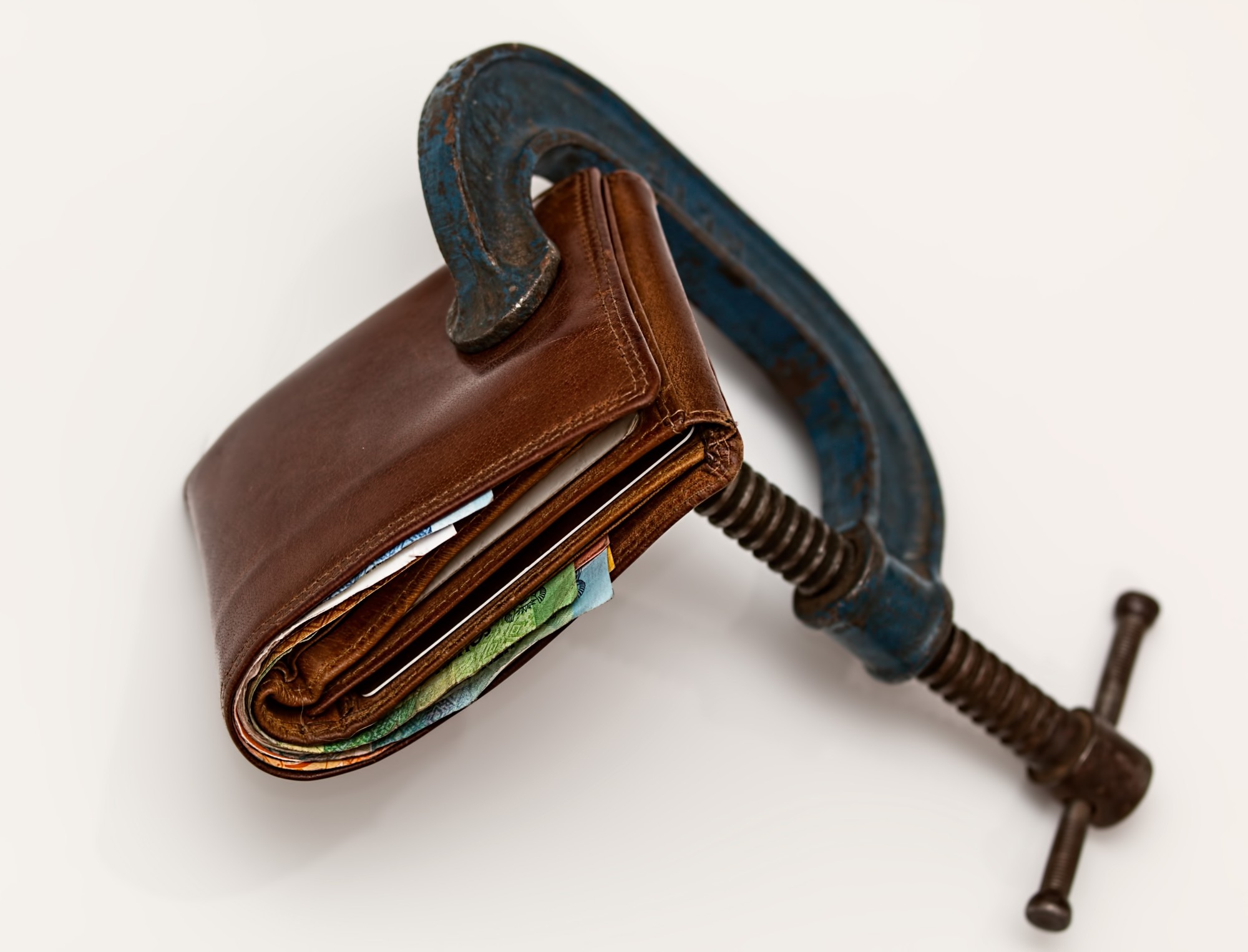Feeling overwhelmed and consumed by debt? If so, debt and credit consolidation programs can help.
These combine all of your individual loans into one new loan (often with a lower interest rate), making your monthly obligations that much more manageable.
While resourceful tools, these programs can actually loosen your financial footing if you don’t handle them the right way. Today, we’re here to shed light on some of the most common mistakes people make with debt consolidation.
Read on to learn what moves to avoid as you navigate this journey!
1. Choosing a New Loan at a Higher Rate
Remember: Debt consolidation programs aren’t just in place to help you organize your disparate monthly payments. Ideally, they should also help you lower your interest rates so you don’t owe as much in the long term.
That said, the program you choose should offer you a rate that’s lower than the ones you’re already paying. If it’s higher, the organizational benefit alone isn’t enough to make the process worth it.
You might not qualify for a lower rate if your credit score isn’t up to par. The same applies if you have a history of missing payments or maxing out your credit cards.
In that case, it’s best to simply focus on paying down your individual debts rather than lumping them all together. Doing so can help bring your credit score up and allow you to qualify for lower interest rates and more favorable loan terms.
2. Letting the Promotional Rate Expire
Many people choose to consolidate their debt via a balance transfer credit card. These cards are appealing because most will offer a promotional deal of 0% APR for a limited period of time, usually for around 12 to 15 months.
This is a great deal, but there’s a caveat. You have to pay off the full transferred balance before that promotional period expires.
If you don’t, the card’s APR will skyrocket to its normal rate the day after the promotion ends. In many cases, this rate can be exorbitant. To make sure you can stay on track, figure out the total sum of your balance, divided by the months included in the promotional period.
Then, make sure you can commit to those payments before applying for a balance transfer credit card. The same schedule can also help you stay on track with payments if you take out a personal loan!
3. Lagging on Repayment
When you’re researching debt consolidation options, it can be easy to take a short-term perspective.
For instance, a loan that offers ultra-low monthly payments might sound ideal, but what is the debt repayment timeline? It’s likely extra-long, which means you’ll pay more in interest over time.
This goes to show that the loan with the lowest monthly payment isn’t always the clear winner. Think about it: If you were on track to pay off your individual loans by 2022 but it will take until 2025 to pay off your new loan, that’s three years of interest you could have avoided.
Even if your new loan features an attractive rate, that’s still more money out of your pocket. That’s why it’s always best to compare repayment timelines, not interest rates.
Seek out the loan that offers the shortest terms, and then compare interest rates from there. When you do, remember that monthly payments aren’t clear indicators of your overall expenses. You’ll also need to factor in your total interest to get a comprehensive view of how much you’ll ultimately owe.
4. Maxing Out Your Credit Cards
Are you considering debt consolidation to simplify your credit card debt?
When you do, you’ll free up the existing credit left on your individual cards. When that happens, it can be tempting to go on a shopping spree. However, doing so can threaten to undermine the financial stability you’re trying to build.
Why? Spending without caution could leave you with a sky-high credit card bill plus your monthly consolidation loan payment. It’s a cycle that can be nearly impossible to crawl out of and even harder to break.
Before you apply for a loan, create a debt repayment plan based on what you feel comfortable spending each month. This way, you know you’re not taking on more debt than you can handle. If credit cards continue to loom over you, go ahead and cut them up to remove the temptation.
5. Forgetting an Emergency Fund
When you’re working hard to pay down your debt, you might feel pressured to apply every single dollar you make toward the effort.
However, in your gallant effort to see that number drop, don’t forget to contribute to your emergency fund. When that account is healthy, it can help prevent additional credit card debt.
When it’s dwindling, you’re more likely to charge everything to your card, including unexpected necessities such as medical bills or car repairs. Thus, when you’re setting up your debt repayment schedule, try to set a little money aside for your emergency savings.
While experts recommend saving enough money to last you three to six months without your income, don’t let that lofty number intimidate you. Even a few hundred dollars in the bank can keep you from relying on credit for every expense.
Debt and Credit Consolidation Programs You Can Trust
Debt and credit consolidation programs can be some of the most powerful tools in your financial arsenal. The right one can help you simplify your repayment timeline and help you lower your interest rates.
When you know these five pitfalls to avoid, you’re ready to start researching your options. That’s where we come in.
After learning a few details about your situation, we’ll pair you with debt consolidation solutions that meet your exact needs. Contact us to learn more about how it works and get started today.

